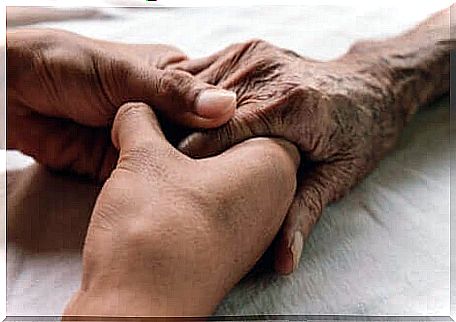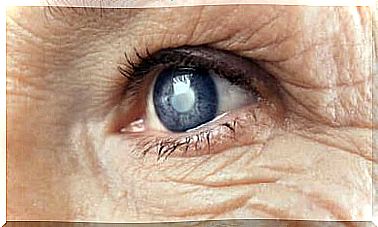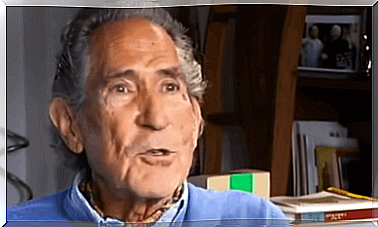Hearing, The Last Sense One Loses Before Dying

Death is and will remain a mystery. One of the data that science has been able to corroborate is that, as a rule, hearing is the last sense we lose before we die.
We are all gonna die. One of the moments that raises the most questions is the passage from life to death. It has long been claimed that hearing remains active when sight and other senses that disappear, even consciousness. There is now a scientific study to corroborate this.
The discovery is no minor when you consider that talking to a loved one before you die can be very heartwarming, both for the one doing it and for the one who is leaving. If the ear is still active, words of love can help people take this final step more calmly.

Hearing and death
Hearing research at the time of death was conducted by researchers at the University of British Columbia (UBC). The results were published in the journal Scientific Reports .
The study was conducted with patients at the St John Hospice in Vancouver, who were on the verge of death. Their data was compared to a control group of healthy people.
The group of researchers, led by Dr. Elizabeth Blundon, monitored the patients by electroencephalogram (EEG). They were thus able to measure the electrical activity of the brain in order to detect a possible response to environmental stimuli.
Measurements were taken when people were conscious and when they were unconscious. These patients were brought up to hear common sounds and unusual sounds. It was the same with healthy people. In both cases, the patients exhibited a similar brain response.

The results of the study
The researchers concluded that patients continued to hear when they entered an unconscious state shortly before they died. Dr Elizabeth Blundon explained that those who die of natural causes enter a phase of non-response, but they can still hear.
Blundon added that the data showed that a dying brain can respond to sound, even in an unconscious state, until the last hours of its life. This corroborates the idea that hearing is the last sense to be lost.
However, researchers are uncertain whether these sound sensors involve any level of consciousness. In other words, we still don’t know if patients in this condition can understand the meaning of the sounds.
Romayne Gallaghe, a physician who has also studied the subject, believes this observation indicates a certain level of consciousness; Throughout her career, she observed very positive reactions from those who were about to die and who were able to listen to the voices of the people they loved. However, the cited study could not corroborate or rule out this possibility.
Other interesting facts about hearing
In 2017, Dr Sam Parnia of New York University also asked many questions about the last moments of life. His own experience with patients who survived a heart attack led him to believe that brain activity continues even though the body is clinically dead.
Parnia asserted that death is a process, not a moment. So when the lungs stop breathing and the heart beats, there is still activity in the brain that lasts for at least three minutes. However, it is not known if the person is aware of his own death. Parnia thinks so.
It also draws attention to the fact that a patient can be resuscitated after a heart attack if there is no brain damage. And this, up to five or six hours after “death”. And if this is possible, it is because the brain continues to function. The subject is fascinating, but, like so many others, there are more questions than answers at the moment.










